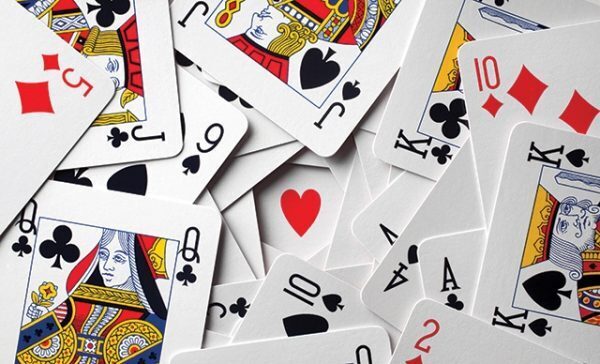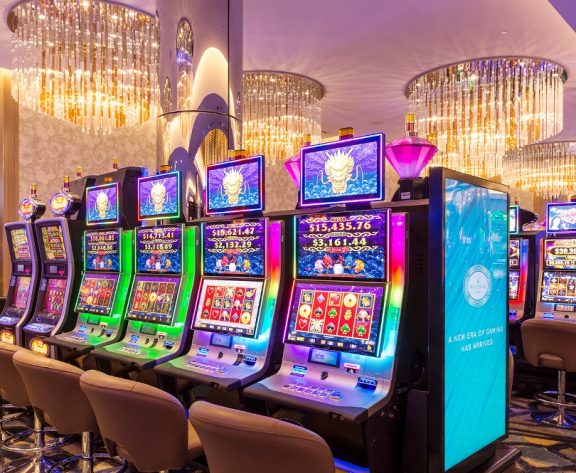- Netherlands leads the way for self exclusion
- Problem gambling still an issue across Europe and US
- States have their own control over protecting players
3 Minute Read
Gambling Self Exclusion is available in US states but on a state by state basis
The Netherlands has proved how a gambling self-exclusion scheme can work effectively after 20,000 gamers signed up in less than a year.
Data from the Dutch Gaming Authority (KSA) shows thousands of casino and sports betting fans have voluntarily committed to the self-exclusion measures.
In fact, as many as 5,000 have excluded themselves over the past two months – a sign of the progress Dutch authorities are making in tackling problem gambling.
The Dutch Remote Gambling Act offers problem gambling support measures such as:
- A centralized cross-operator self-exclusion register
- Registration periods for longer player protection
- Exclusion from online and land-based casinos
- Obligation for casino or sportsbook to cross-reference database when a player signs up (if they are self-excluded, the operator must refuse)
- Minimum exclusion period six months
Operators, family and friends are also able to submit names of players to the regulator if they suspect signs of problem gambling.

Gambling self exclusion is one of the most effective measures in tackling problem gambling
Differing Gambling Regulations
The Netherlands has one of the most heavily-regulated legal gambling sectors in the world. The country has grappled with how to implement effective legislation to prevent problem gambling, while extracting lucrative tax revenues from the industry.
It took 12 years for the Dutch to permit online gambling, and the floodgates haven’t exactly opened since. High taxes, a ban on advertising and a restriction of legal gambling permits means there aren’t too many operators in the space.
This is certainly helping the nation of 17.4 million combat the darker sides of gambling, while also providing choice. But there is still plenty to do in order to protect players from harm. While the 20,000 sign-ups act as an impressive headline for many news outlets, it’s still just 1.3% of the Netherlands’ 1.5 million strong gambling audience.
It is a far more successful campaign than one conducted in the UK recently, where just 0.4% of gamblers over a six year period self excluded.
What’s more, compare that to the US, where it is estimated “six to nine percent of young people and young adults experience problems related to gambling”, there is evidently more that can be done to help protect players worldwide.
American Gambling Protection
Indeed, the US boasts perhaps the most intriguing gambling landscape right now. Since the Federal Government released the block on legal gambling in 2018, a flurry of iGaming firms have moved into the country.
The US is opening up to online gambling and sports betting on a state-by-state basis. But states are also responsible for player protections – and the lack of overarching player safety regulations could soon become an issue.
Currently states can decide the extent of their player safeguarding. New Jersey has a four-option exclusion program, South Dakota has its own set of ever-evolving rules, and when Wyoming passed its gambling legislation the state didn’t initially have any self-exclusion processes.
Oregon, meanwhile, is looking at reforming its legislation, with problem gambling of particular focus.
America is enjoying the sort of free market boom in gambling that the UK witnessed 15 years ago. But the country’s regulations are nowhere near that of the Netherlands’. How this will affect problem gambling figures in the long term remains to be seen.






